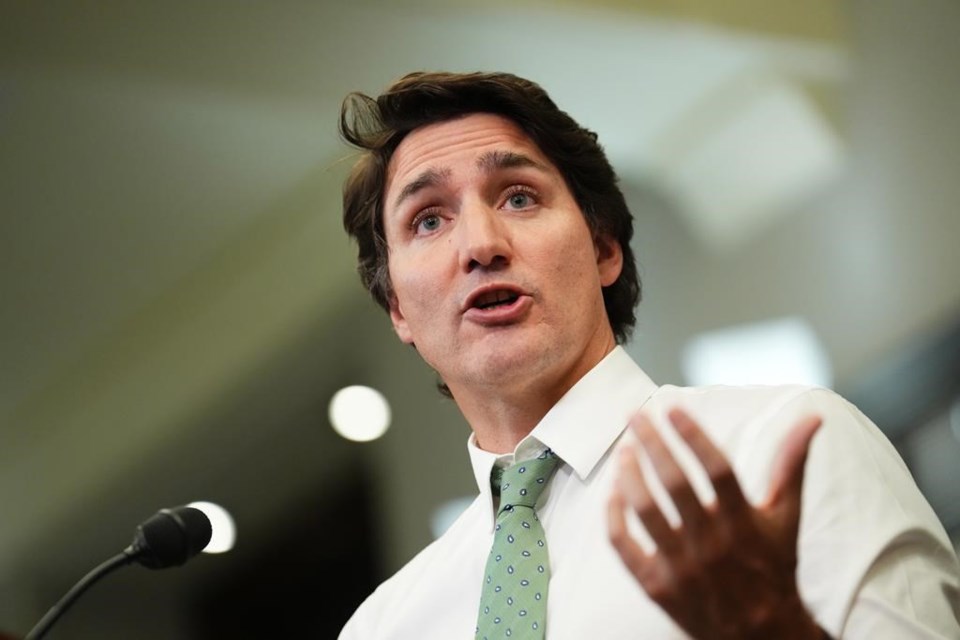REGINA — Two of Canada's Prairie premiers say Ottawa's decision to exempt the carbon tax on heating oil fails to address affordability needs in Alberta and Saskatchewan.
Prime Minister Justin Trudeau announced Thursday the carbon tax would be exempt for three years on home heating oil, a move that largely helps those in Atlantic provinces where it's a main source for home heating.
Saskatchewan Premier Scott Moe and Alberta Premier Danielle Smith say the exemption should also be applied to natural gas, as the majority of people in their provinces use it to heat their homes.
Smith says she's disturbed by the measure, adding it further creates a divide in the country.
"Question for the Liberal Government: Are we not Canadians, too?" Smith posted late Thursday on the X platform, formerly known as Twitter.
She wrote Friday that the federal government "has decided that one part of Canada with one type of home heating is worthy of a carbon tax break, while those living elsewhere using another type of home heating do not."
Moe said the exemption shows the carbon tax is making life less affordable.
"Just axe the tax on everyone and everything," Moe said Thursday on X.
Alberta Opposition NDP Leader Rachel Notley said in a statement it's unacceptable for Ottawa to not apply the carbon tax equitably.
“I am passionately committed to fighting climate change, reducing carbon emissions and seizing the economic opportunities that this brings," she said.
“Yesterday, the prime minister moved Canada much further away from those goals."
She said she's to introduce a motion in the legislature that calls on "federal actions" to be applied equally, regardless of where people live or how they heat their homes.
Saskatchewan Opposition NDP Leader Carla Beck said in a statement the federal government should extend relief to all Canadians.
"This exemption is a clear recognition that Canadians are struggling with crushing inflation and higher costs but it has specifically left out relief for the people of Saskatchewan, Manitoba and Alberta," Beck said.
Trudeau said people in other provinces are to also benefit from the exemption.
The four Atlantic provinces started paying the federal carbon price in July, after provincial systems were deemed no longer strong enough to comply with federal standards.
The federal government also introduced a new clean fuel standard to offset emissions from gasoline and diesel. Both measures caused prices to spike.
Regional members of Parliament have been lobbying Trudeau for months for relief, as costs mounted in their ridings and voters grew increasingly angry about it.
Trudeau denied the decision was about saving Liberal seats, but he did acknowledge it was something voters wanted.
Natural gas prices have recently been lower than heating oil prices.
Alberta and Saskatchewan have long called on the government to scrap the carbon tax.
Saskatchewan took Ottawa to court over the carbon tax in 2021 but lost its challenge when the Supreme Court deemed it was constitutional.
This report by The Canadian Press was first published Oct. 27, 2023.
Jeremy Simes, The Canadian Press



